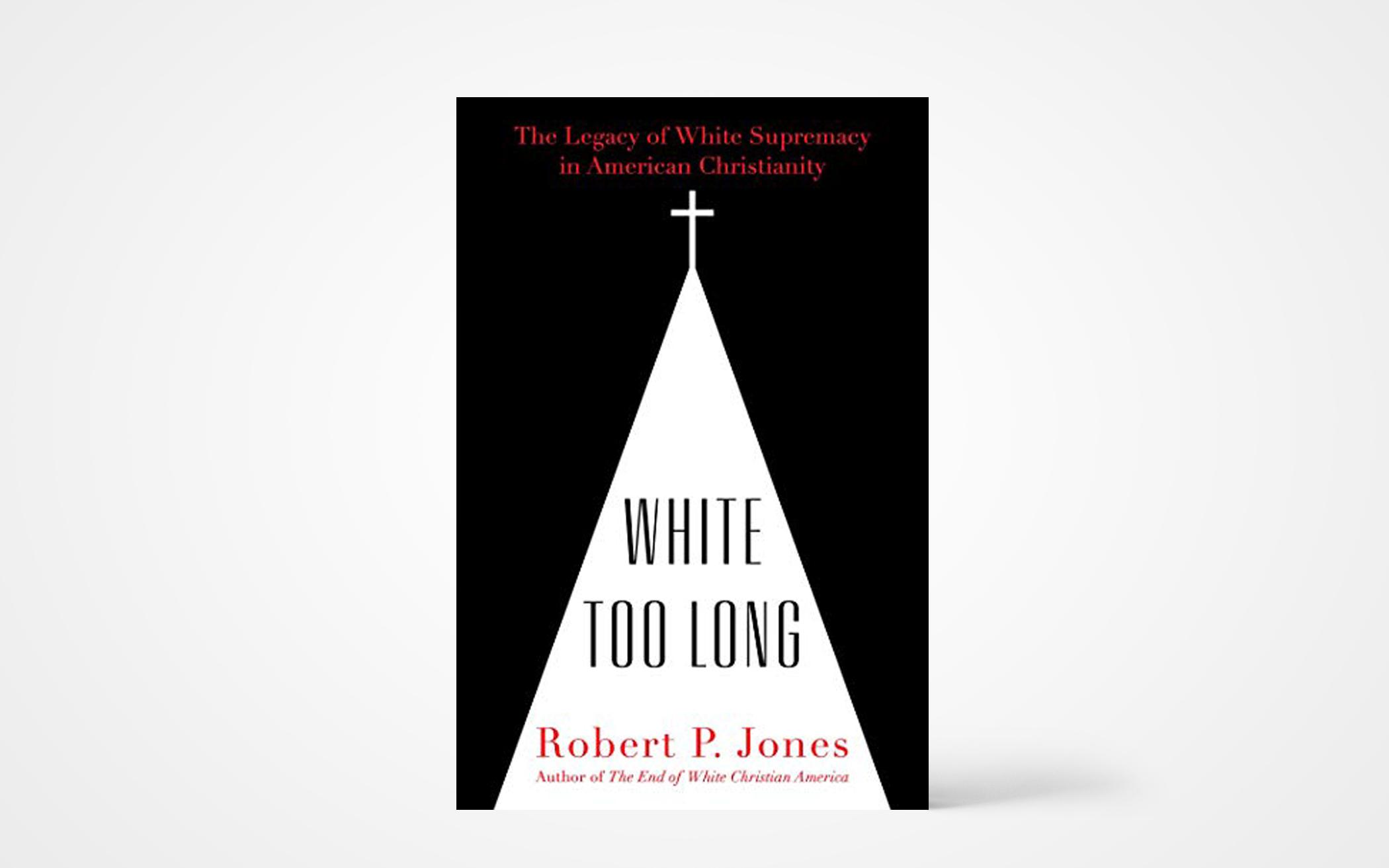The question of “How did we get here?” seems to be reverberating in white Christian circles in recent months. “So polarized, so divided—and why is there still so much tension around race?”
In his new book, White Too Long, Robert P. Jones argues that the practice of white American Christianity has always been about race. Weaving together meticulously researched primary sources, recent public opinion surveys, and personal anecdotes, Jones puts forth a compelling and uncomfortable premise: white supremacy and white Christianity in America are inextricably linked.
As Jones walks the reader through his own personal reckoning with his heritage and the deeply intertwined roots of racism with his community’s practice of Christianity, he is vulnerably honest—but his narrative is not one of feel-good, altruistic reconciliation. It is one of urgency.
To demonstrate this urgency, Jones explores a vast array of scenarios ranging from the Civil War era to the current day. He highlights the reflections of Frederick Douglas on how the man who had purchased him became increasingly cruel after converting to Christianity (especially in his assault and abuse of a disabled woman). He addresses the murders of Black men on Sunday mornings by mobs of white men who were just coming out of church services. He discusses the prominent church member and mayor who in 1963 passed an ordinance making “disturbing divine worship” an offense with a hefty fine and then qualified the presence of Black visitors in white churches as a violation of such. He offers a glimpse into the journal of Dylan Roof, who murdered nine Black Bible study attendees in 2015, and whose hand-sketched logo included a cross and four common symbols of white supremacy, found near an illustration of Jesus exiting the tomb.
In each such scenario, Jones asks if white Christianity simply plays a complicit role in white supremacy, or if it is in fact a driving force behind it. In seeking to provide clarity around that question, Jones pulls in data from recent surveys conducted by the Public Religion Research Institute. The results are sobering. Studies have found that the more racist attitudes a person in the United States holds, the more likely they are to identify as a white Christian. In spite of this, studies have also found that white Christians perceive themselves as holding “warm feelings” toward African Americans. As a white reader, I found this reality revealing, significant, and humbling.
Despite the discomfort of facing white supremacy, to truly understand how we arrived where we are now Jones reminds us that we as white Christians must be willing to address our “willful amnesia” regarding our distant and not-so-distant heritage. We must also be willing to lament that we are not simply casualties in a culture of polarization and division but that we are often directly or indirectly the catalyst of it. Therefore, we must act in a way that acknowledges that repentance, and the pursuit of just relationship lands squarely on our shoulders. (Simon & Schuster)
About the Author
Kristyn DeNooyer is a communications specialist at Thrive, the congregational support agency of the CRCNA. She lives in Grand Rapids, Mich., with her husband and daughter.

